What is Motivation? A Psychologist Explains
 Motivation has as many faces as there are human desires.
Motivation has as many faces as there are human desires.
The simplest definition of motivation boils down to wanting (Baumeister, 2016). We want a change in behavior, thoughts, feelings, self-concept, environment, and relationships.
People often say that motivation doesn’t last. Well, neither does bathing – that’s why we recommend it daily.
Zig Ziglar
This article shows what motivation is, both in real life and in how psychology observes and studies motivation. It includes an explanation of the process by analyzing real-world motivational problems like procrastination and avoidance.
Before you continue, we thought you might like to download our three Goal Achievement Exercises for free. These detailed, science-based exercises will help you or your clients create actionable goals and master techniques to create lasting behavior change.
This Article Contains:
What is Motivation?
Motivation is an internal process. Whether we define it as a drive or a need, motivation is a condition inside us that desires a change, either in the self or the environment. When we tap into this well of energy, motivation endows the person with the drive and direction needed to engage with the environment in an adaptive, open-ended, and problem-solving sort of way (Reeve, 2015).
The essence of motivation is energized and persistent goal-directed behavior. When we are motivated, we move and take action.
Motivation is influenced by the satisfaction of needs that are either necessary for sustaining life or essential for wellbeing and growth. Physiological needs for food, water, and sex (yes sex) serve the organism to maintain life and also provide satisfaction from doing so.
Psychological needs for autonomy, mastery, and belonging direct our behavior in much the same way. As do the needs for achievement, power, closure, meaning, and self-esteem. Some of these needs will become motives as will all the intrinsic activities we engage in.
Our environment and social context will play a significant role in terms of extrinsic motivation. We will also be motivated by goals, values, and desires to experience specific emotions associated with certain end-states (Reeve, 2015).
The best way to explain motivation is to show what it looks like in everyday life. Here is an example of possible motivational reasons a person could have to engage in exercise.
| Reasons to Exercise | Type of Motivation | Real-Life Examples |
|---|---|---|
| Fun, enjoyment | Intrinsic motivation | Children run, jump, and chase simply for the sheer fun of it. |
| Personal challenge | Flow | Performers get “in the zone” when their pursuits optimally challenge their skills. |
| Forced to do so | External regulation | Athletes exercise because their coach tells them to do so. |
| Accomplish a goal | Goal | Runners strive to run a mile in six minutes or less. |
| Health benefits | Value | Patients exercise to lose weight or to strengthen the heart. |
| Inspiration | Possible self | People watch others exercise and become inspired to do the same. |
| Pursuit of a standard of excellence | Achievement strivings | Snow skiers race to the bottom of the mountain, trying to beat their previous best time. |
| Satisfaction from a job well done | Competence | As exercisers make progress, they feel more competent, more effective. |
| An emotional kick | Opponent process | Vigorous jogging can produce a runner’s high, a euphoric rebound to the pain. |
| Good mood | Positive affect | Being in nature can induce a good mood such that people exercise spontaneously, skipping along without even knowing why. |
| Alleviate guilt | Introjection | People exercise because they think that is what they should or ought to do to please others or to relieve their sense of guilt. |
| Relieve stress and anxiety | Personal control | After a stressful day, people go to the gym, which they see as a structured and controllable environment. |
| Spend time with friends | Relatedness | Exercise is often a social event, a time to enjoy hanging out with friends. |
For a more in-depth discussion of the many mechanisms of motivation, see our article on Motivation and What Really Drives Human Behavior.
Motivation Definition in Psychology
The study of motivation in psychology revolves around providing the best possible answers to two fundamental questions: what causes behavior, and why does behavior vary in its intensity?
Motivational science is a behavioral science that seeks to construct theories about what constitutes human motivation and how motivational processes work.
Motivation, when seen in the real world, and when measured by science, becomes visible and detectable through behavior, level of engagement, neural activation, and psychophysiology. Some would also include self-report in this list, but studies show that self-reports have proven to be highly unreliable sources of information (Reeve, 2015).
Behavior
So how does motivation behave? With presence, intensity, and quality. Motivation is visible through gestures and facial expressions, intense effort, immediacy (or as psychologists like to call it short latency).
The presence of motivation can also be inferred from the levels of persistence and decisiveness in choosing one goal over another, which taken together make for a high probability of occurrence (Atkinson & Birch, 1970; 1978; Bolles, 1975; Ekman & Friesen, 1975).
Engagement
Motivation can also be inferred from the level of engagement.
For example, in a coaching scenario or a motivational interview, a competent practitioner will enthusiastically and generously contribute to the flow of conversation (agentic engagement), express interest and enjoyment (emotional engagement), process deeply and pay attention (cognitive engagement), and persist in these efforts as if time and the outside world didn’t exist (behavioral engagement). And yes, for many of us, we don’t have those kinds of conversations often.
Psychophysiology
There are five psychophysiological expressions of motivation:
| Psychophysiological Expressions | |
|---|---|
| Hormonal activity | Chemicals in saliva or blood, such as cortisol (stress) or catecholamines (fight-or-flight reaction). |
| Cardiovascular activity | Contraction and relaxation of the heart and blood vessels (as in response to an attractive incentive or a difficult/challenging task). |
| Ocular activity | Eye behavior—pupil size (extent of mental activity), eye blinks (changing cognitive states), and eye movements (reflective thought). |
| Electrodermal activity | Electrical changes on the surface of the skin (as in response to a significant or threatening event). |
| Skeletal activity | The activity of the musculature, as with facial expressions (specific emotion), bodily gestures, or shifting one’s weight from side to side during a boring hallway conversation (desire to leave). |
Brain Activations
Just like changes in behavior, engagement, and psychophysiology, brain activations mark the rise and fall and maintenance of motivational states. A different pattern of neural activity is present with each motivation and emotion. For example, the hypothalamus is active when we are thirsty, and when we feel disgusted, there is a rise in insular activity.
Researchers use sophisticated equipment like electroencephalography (EEG) and functional magnetic resonance imaging (fMRI) to observe, detect, monitor, and measure brain-based neural activity.
See our blog post on Motivation Science for more information on the neuroscience of motivation.
Putting all this together to answer the perennial question of what motivation is, but most importantly what it does, we define motivation as rising and falling of needs, cognition, and emotions expressed through patterns of behavior, levels of engagement and neural and psychophysiological activity directed toward realizing essential life outcomes.
How to motivate yourself to change your behavior – Tali Sharot
Motivation Model
In a nutshell, motives are internal experiences in the form of needs, cognitions, and emotions and are the direct and proximal causes of motivated action. Social contexts and external events act as antecedents to motives that cause or trigger motivational states. Our motives express themselves through behavior, engagement, psychophysiology, brain activations, and self-report.
The model below illustrates the framework for how motivational psychologists study the process of motivation and its elements and try to find the answer to the questions about what causes motivation. It also shows why the study of motivation is so relevant to people’s lives and how motivation contributes positively to significant life outcomes like achievement, performance, and wellbeing, to name a few (Reeve, 2015).
Motivation Process
Our motivation, when it originates from internal motives, as categorized into needs, cognitions, and emotions, is often experienced as more immediate and potent than extrinsic motivation.
Since we don’t exist in a vacuum, however, these inner experiences cannot take place without some degree of the external influence, be it in the form of consequences, incentives, or other forms of pressure arising out of the social context of our environment.
Our physiological and psychological needs drive us, our cognitions direct us, and emotions land intensity and energy to our pursuits. When the combination of antecedent conditions and the internal motives align, they create a ripe environment for engagement, which propels the action behavior.
When these behaviors, in turn, create more positive motivational and emotional states, they reinforce the behavior through a positive feedback loop and increase the likelihood of repetition (Reeve, 2015).
The greatest thief this world has ever produced is procrastination, and he is still at large.
Josh Billings
The self-concordance model of goal setting differentiates between four types of motivation (Sheldon & Elliot, 1999).
- External motivation
Goals are heavily guided by external circumstances and would not occur without some kind of reward or to prevent a negative outcome. - Introjected motivation
Goals are characterized by self-image or ego-based motivation, reflecting the need to keep a certain self-image alive.
- Identified motivation
The actions needed to accomplish the goal are perceived as personally important and meaningful, and personal values are the main drivers of goal pursuit. - Intrinsic motivation
When a behavior is guided by intrinsic motivation, the individual strives for this goal because of the enjoyment or stimulation that this goal provides. While there may be many good reasons for pursuing the goal, the primary reason is simply the interest in the experience of goal pursuit itself.
Goals guided by either identified or intrinsic motivation can be considered self-concordant. Self-concordant goals are associated with higher levels of wellbeing, enhanced positive mood, and higher life satisfaction levels than non-self-concordant goals.
Consider a motivational problem like procrastination or avoidance
Our needs, cognitions, emotions, environments, and relationships can play a crucial role in procrastination or avoidance.
All needs are born either out of deficiency or need for growth. Physiological needs are a particularly strong force in determining behavior. Our bodies will signal our brain if our wellbeing is threatened, and this can lead to avoidance and procrastination when we are suffering from hunger, thirst, or lack of sleep, for example.
Psychological needs are also significant drivers of motives as they represent inborn needs for the development of a sense of autonomy, competence, and relatedness. When we try to force ourselves to do something that contradicts those needs, these innate forces can be tough to overcome.
The conflict between chosen behavior and the need for satisfaction of psychological needs like autonomy can create dissonance, which can lead to avoidance or procrastination. While the fulfillment of physiological needs is about preserving wellbeing, satisfying psychological needs is about thriving and growing as a person (Reeve, 2015).
When we are no longer able to change a situation, we are challenged to change ourselves.
Viktor E. Frankl
There are also implicit needs which are acquired from our environment through socioemotional development. They vary from person to person as our experiences vary, and unlike inborn psychological needs, implicit motives are acquired.
Implicit here means unconscious. These needs occur without conscious awareness and are trait-like and enduring. Implicit needs motivate us toward the pursuit and attainment of specific social incentives (Schultheiss & Brunstein, 2010).
An implicit motive is a psychological need that arises from situational cues that cause emotional reactions, which then predict, guide, and explain people’s behavior and lifestyle. They can be inferred from the person’s characteristic thoughts, emotions, and behaviors. What a person “needs” within an implicit motive is to experience a particular pattern of affect or emotion.
For example, if we have little or no need for achievement, we may experience negative affect, such as anxiety, shame, and embarrassment while engaging in that challenging task and will avoid or procrastinate as a result. Implicit motives predict our behavior far more accurately than do explicit motives, which are basically what we tell others about what motives us (McClelland, Koestner, & Weinberger, 1989).
Our cognitions can also influence our tendency to avoid or procrastinate. Cognitions are mental constructs like goals, mindset, expectations, beliefs, and self-concept, to name a few that influence our motivation. If we have conflicting goals, for example, we may be more likely to avoid or procrastinate.
Change the way you look at things and the things you look at change.
Wayne W. Dyer
Emotions, although closely linked to cognitions and psychological needs, in and of themselves can motivate or demotivate. They can signal the importance of particular behavior. We may feel joy or pride at the possibility of goal attainment through engagement in particular behavior, or we can be afraid of failure and choose to avoid or procrastinate.
Our environment can also be either ideal and supportive or an obstacle to staying motivated and achieving our goals (Reeve, 2015). It can be full of distractions or lack optimal conditions that allow for sustained motivation.
Finally, our relationships can be supportive and empowering when it comes to change. This can be explained through a concept like the Michelangelo phenomenon, where our relationships support our potential. They can also be demotivating as in the Blueberry phenomenon, where the relationship brings out the worst in us and can contribute to procrastination and avoidance.
Motivation Cycle
Motivation is a dynamic process, and our motives vary over time. Raising and falling as circumstances change, and as time passes, motives contribute to the ongoing stream of behavior. To further complicate matters, we are driven by a multitude of different motives at any one point in time.
One motive, usually the one most situationally appropriate, will be strongest and dominate our attention while other motives will be subordinate and lie relatively dormant. Although typically the strongest motive will have the most considerable influence on our behavior, as circumstances change, each subordinate motive can become dominant.
The below example shows how a student’s motivation to read varies over time in strength, starting relatively strong then weakening when compared to the need to hang out with friends or to eat a snack (Reeve, 2015).
The awareness of how motivation varies over time is particularly important when it comes to goal setting.
When we differentiate the motivational and the performance-based advantages versus disadvantages for those who adopt a short-term goal, as in eating less than 2000 calories today, versus performers who adopt a long-term goal, as in losing 20 pounds this year, we must consider the type of activity they are engaging in before making recommendations.
Short term goals work better for uninteresting activities as they boost commitment by providing feedback on progress more often, which further reinforces the effort to persist (Reeve, 2015).
Motivation to perform routine or boring activities can be improved; however, by providing clarity of goals and choice in how to perform a task. Clarity and choice can fuel a sense of mastery and autonomy, and both, in combination, can increase overall motivation as they satisfy basic psychological needs.
When it comes to interesting tasks, or as Mihaly Csíkszentmihályi (1990) calls them autotelic activities, long-term goals work better as they often provide for greater flexibility and more autonomy in how to pursue them. Short terms milestones can feel intrusive for interesting activities. Autotelic activities are already engaging, and we are often intrinsically motivated to perform them because they produce enjoyment. But most importantly, we are motivated to pursue them in the absence of external rewards or incentives.
′Autotelic′ is a word composed of two Greek roots: auto (self), and telos (goal). An autotelic activity is one we do for its own sake because to experience it is the main goal.
Mihaly Csíkszentmihályi
We also need to keep in mind that motivation to act on the goals is often higher when the goal is based in the near future, while far off goals do not create the tension of immediacy that would motivate us to act right away (Reeve, 2015).
To learn more about the types of motivation that exist, see our article on Motivation and What Really Drives Human Behavior.
You can also find many different approaches to increase motivation in the below list of self-help books published on the subject. Some are more philosophical, others biographical, and a few present recent research in motivation psychology.
Recommended Books on Motivation
There is a wide array of books on motivation, covering different aspects and genres. Making a selection of the top ten was just not possible, so here is a list of 16 excellent books on motivation.
1. Finite and Infinite Games
The goal is to keep playing with boundaries.
Available on Amazon.
2. Talent is Overrated: What Really Separates World-Class Performers from Everyone Else
Masters practice, practice, practice. One must deliberately engage in mentally demanding and repetitive activity to become an expert.
Available on Amazon.
3. Flow: The Psychology of Optimal Experience
Flow as motivation.
Available on Amazon.
4. Why We Do What We Do: Understanding Self-Motivation
Motivation is something people do, not something that is done to them.
Available on Amazon.
5. Mindset: The New Psychology of Success
Keep finding opportunities to improve.
Available on Amazon.
6. Then We Came to the End
Joshua Ferris shares a humoristic yet emotionally true reflection about survival in life’s strangest environment – the office.
Available on Amazon.
7. Good Work

Focusing on genetics and journalism, this eagerly awaited book investigate the exhibition of humane creativity, where performance is coupled with social responsibility.
Available on Amazon.
8. Outliers: The Story of Success
Creative work is more satisfying, but success is influenced by many factors.
Available on Amazon.
9. Team of Rivals: The Political Genius of Abraham Lincoln
Winner of the prestigious Lincoln Prize and the inspiration for the Oscar Award winning–film Lincoln, starring Daniel Day-Lewis, directed by Steven Spielberg, and written by Tony Kushner. Need we say more?
Available on Amazon.
10. The Amateurs
Pulitzer Prize-winning writing skills combined with sport journalism results in a highly acclaimed book.
Available on Amazon.
11. Punished by Rewards
Rewards motivate us only to get more rewards.
Available on Amazon.
12. Once a Runner
Always better than himself.
Available on Amazon.
13. The War of Art: Break Through the Blocks & Win Your Inner Creative Battles
We are not ready for freedom. The paradox is that we are free only to the extent of our self-mastery.
Available on Amazon.
14. Maverick: The Success Story Behind the World’s Most Unusual Workplace
How to be self-sufficient.
Available on Amazon.
15. The Fifth Discipline: The Art & Practice of The Learning Organizations
In learning organizations, life is a work of art.
Available on Amazon.
16. Good to Great: Why Some Companies Make the Leap and Others Don’t
A study by Jim Collins and his research team over five years, revealed much-needed insight into management strategies and more.
Available on Amazon.
A Take-Home Message
It seems it isn’t that simple to find the motivation to do this thing that is so important to us. We must consider if it competes with other motives, and perhaps take stock of our values to make sure that this not the case. Often we may have to intervene in how our motivation is influenced by external incentives present in our environment or social context to make sure that we match those to high internal motives.
Motivation science tells us that if we want to be successful in motivating our own or other people’s behavior, high internal motives should be matched with high external motivations. Finally, we will often want to sustain the motivation over some time and may have to create a regiment of reminders, repetitions, and rituals — more on that in our article on motivation tools.
How do you hack motivation? What helps you stay committed?
Share your experience in the comments section.
We hope you enjoyed reading this article. Don’t forget to download our three Goal Achievement Exercises for free.
- Atkinson, J. W., & Birch, D. (1970). On the dynamics of action. Nederlands Tijdschrift voor de Psychologie en haar Grensgebieden, 25(2), 83-94.
- Atkinson, J. W., & Birch, D. (1978). An introduction to motivation (2nd ed.). Van Nostrand.
- Baumeister, R. F. (2016). Toward a general theory of motivation: Problems, challenges, opportunities, and the big picture. Motivation and Emotion, 40(1), 1-10.
- Bolles, R. C. (1975). Learning theory. Holt, Rinehart & Winston.
- Csíkszentmihályi, M. (1990). Flow: The psychology of optimal experience. HaperCollins.
- Ekman, P., & Friesen, W. V. (1975). Unmasking the face: A guide to recognizing emotions
from facial expressions. Englewood Cliffs, NJ: Prentice-Hall. - McClelland, D. C., Koestner, R., & Weinberger, J. (1989). How do self-attributed and implicit motives differ? Psychological Review, 96(4), 690-702.
- Reeve, J. (2015). Understanding motivation and emotion (6th ed.). Hoboken, NJ: Wiley.
- Schultheiss, O., Brunstein, J., & Brunstein, J. C. (2010). Implicit motives. Oxford University Press.
- Sheldon, K. M., & Elliot, A. J. (1999). Goal striving, need satisfaction, and longitudinal well-being: the self-concordance model. Journal of Personality and Social Psychology, 76(3), 482.
Let us know your thoughts
Read other articles by their category
- Body & Brain (49)
- Coaching & Application (57)
- Compassion (26)
- Counseling (51)
- Emotional Intelligence (24)
- Gratitude (18)
- Grief & Bereavement (21)
- Happiness & SWB (40)
- Meaning & Values (26)
- Meditation (20)
- Mindfulness (45)
- Motivation & Goals (45)
- Optimism & Mindset (34)
- Positive CBT (29)
- Positive Communication (20)
- Positive Education (47)
- Positive Emotions (32)
- Positive Leadership (18)
- Positive Parenting (4)
- Positive Psychology (33)
- Positive Workplace (37)
- Productivity (17)
- Relationships (46)
- Resilience & Coping (36)
- Self Awareness (21)
- Self Esteem (38)
- Strengths & Virtues (32)
- Stress & Burnout Prevention (34)
- Theory & Books (46)
- Therapy Exercises (37)
- Types of Therapy (64)

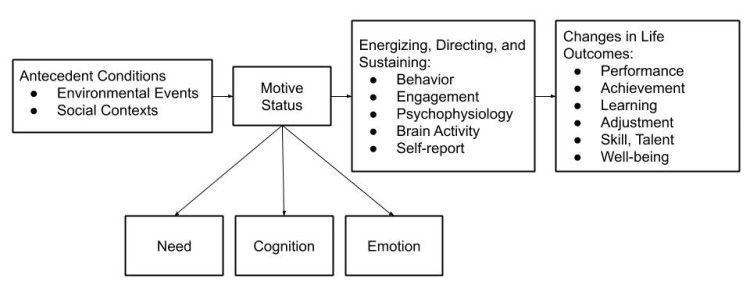
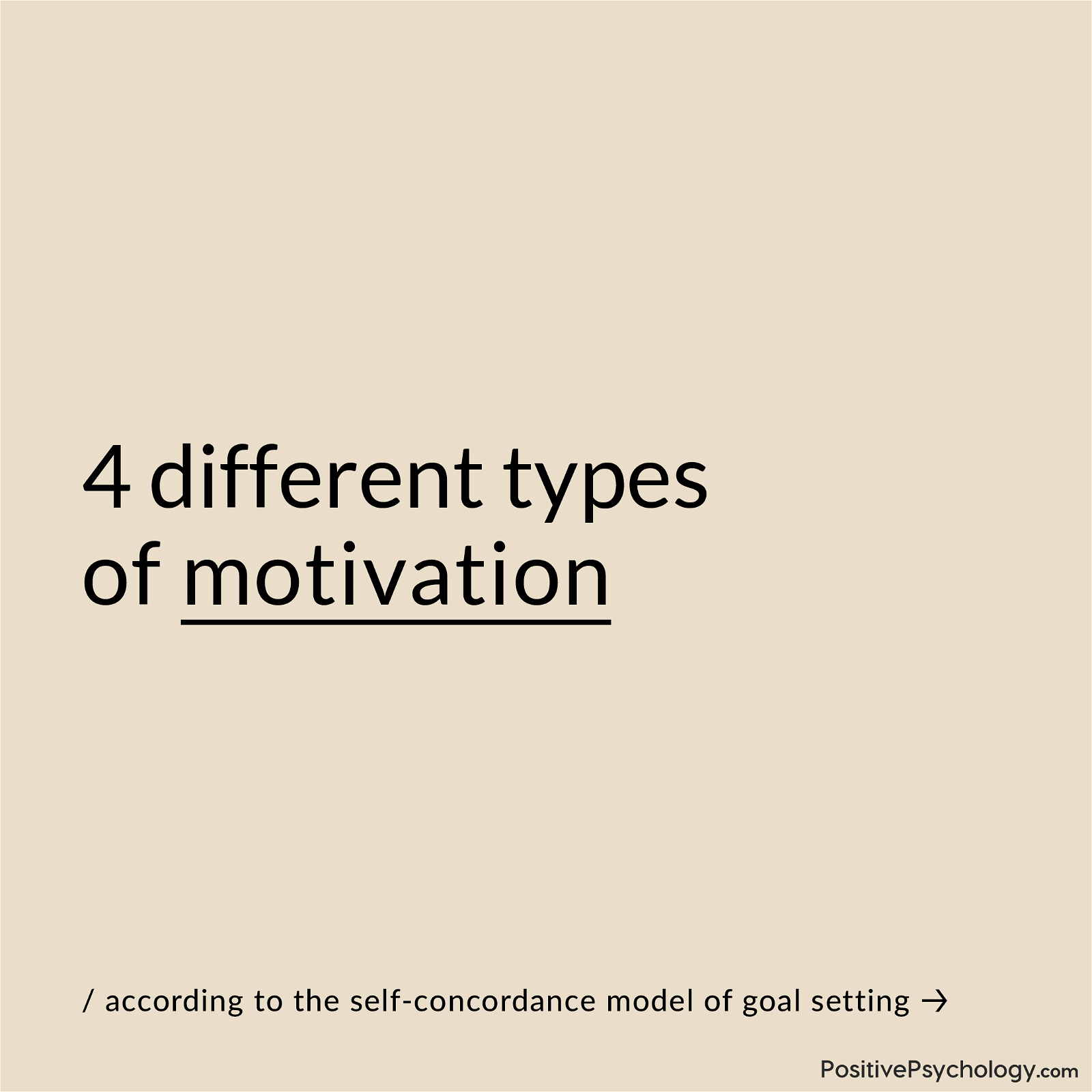
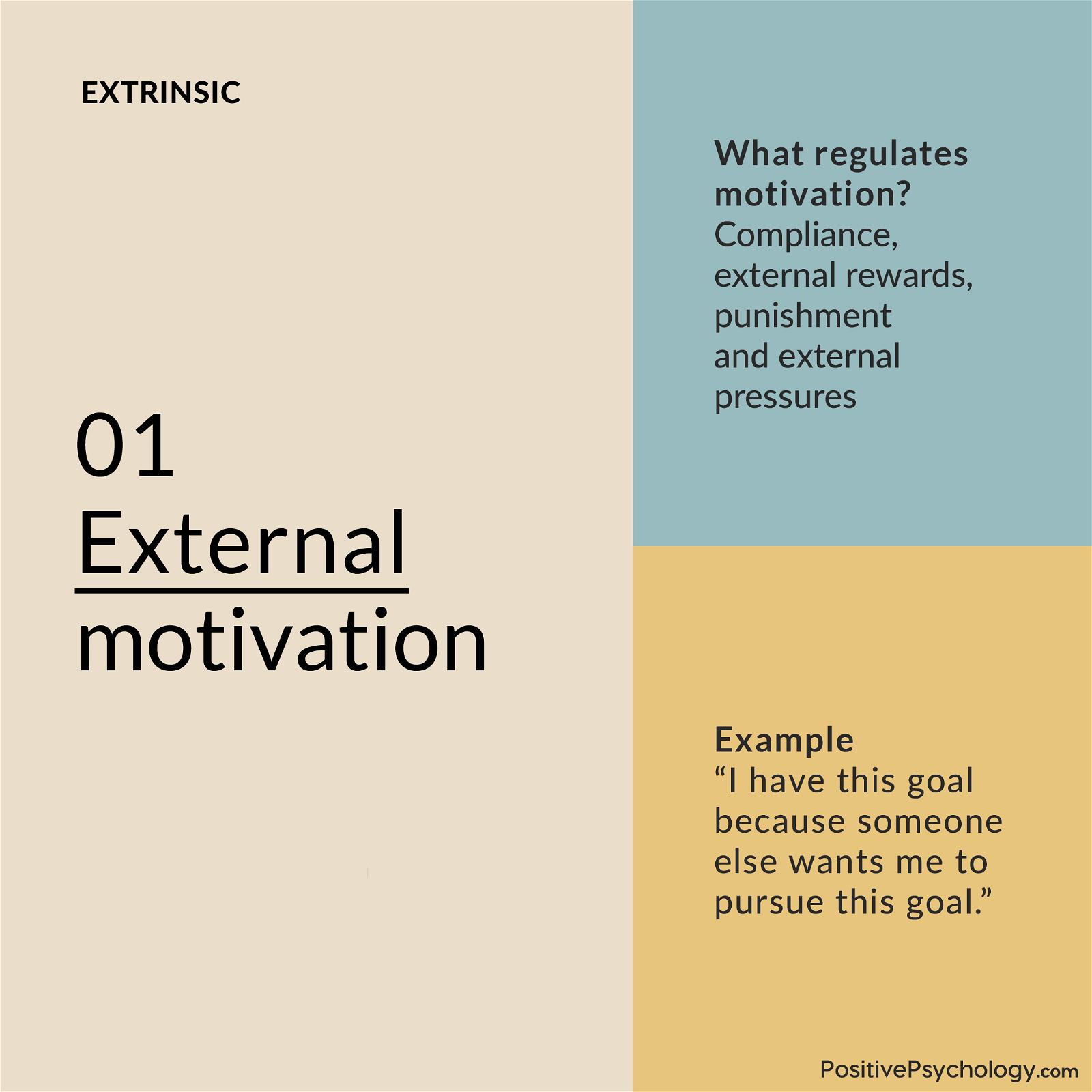
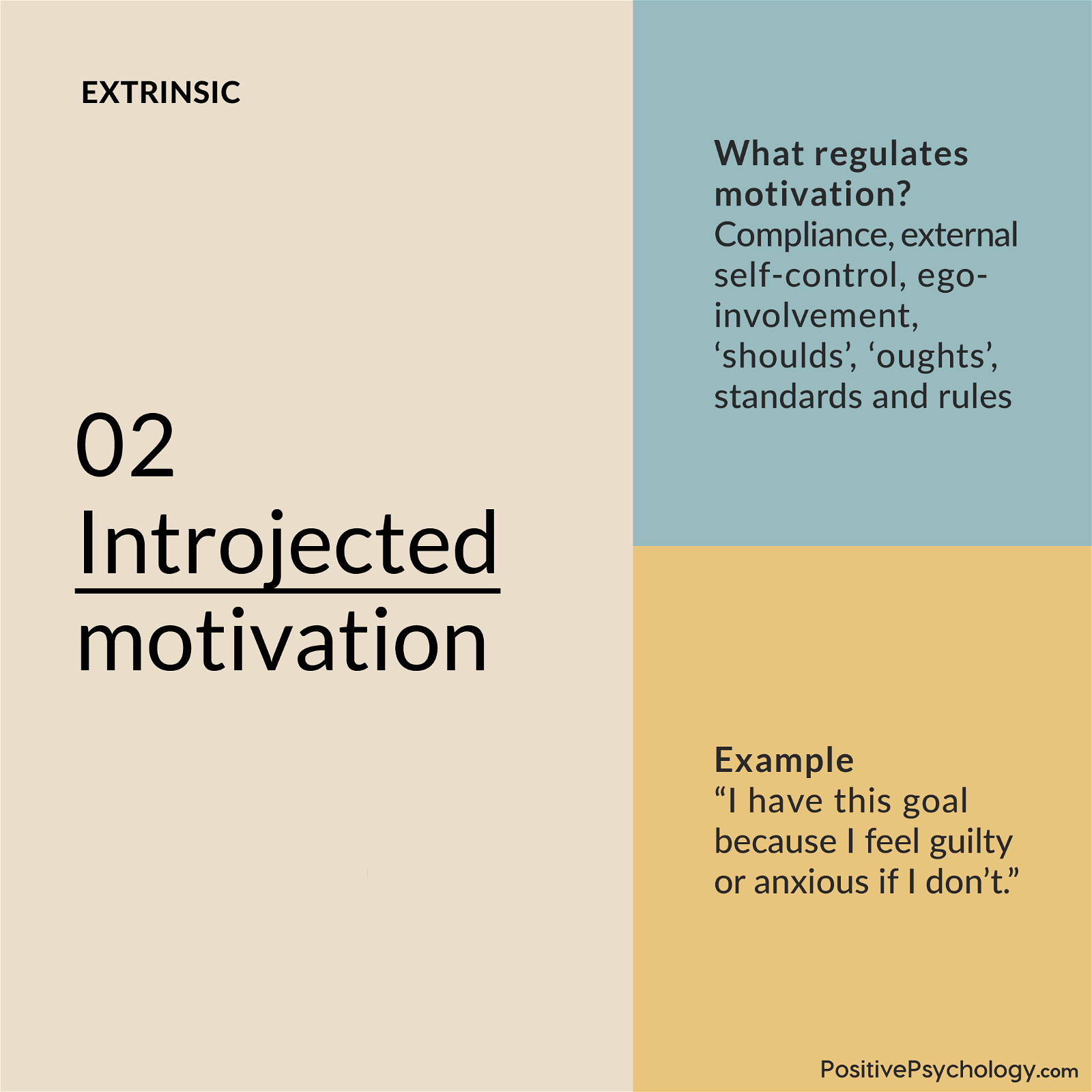
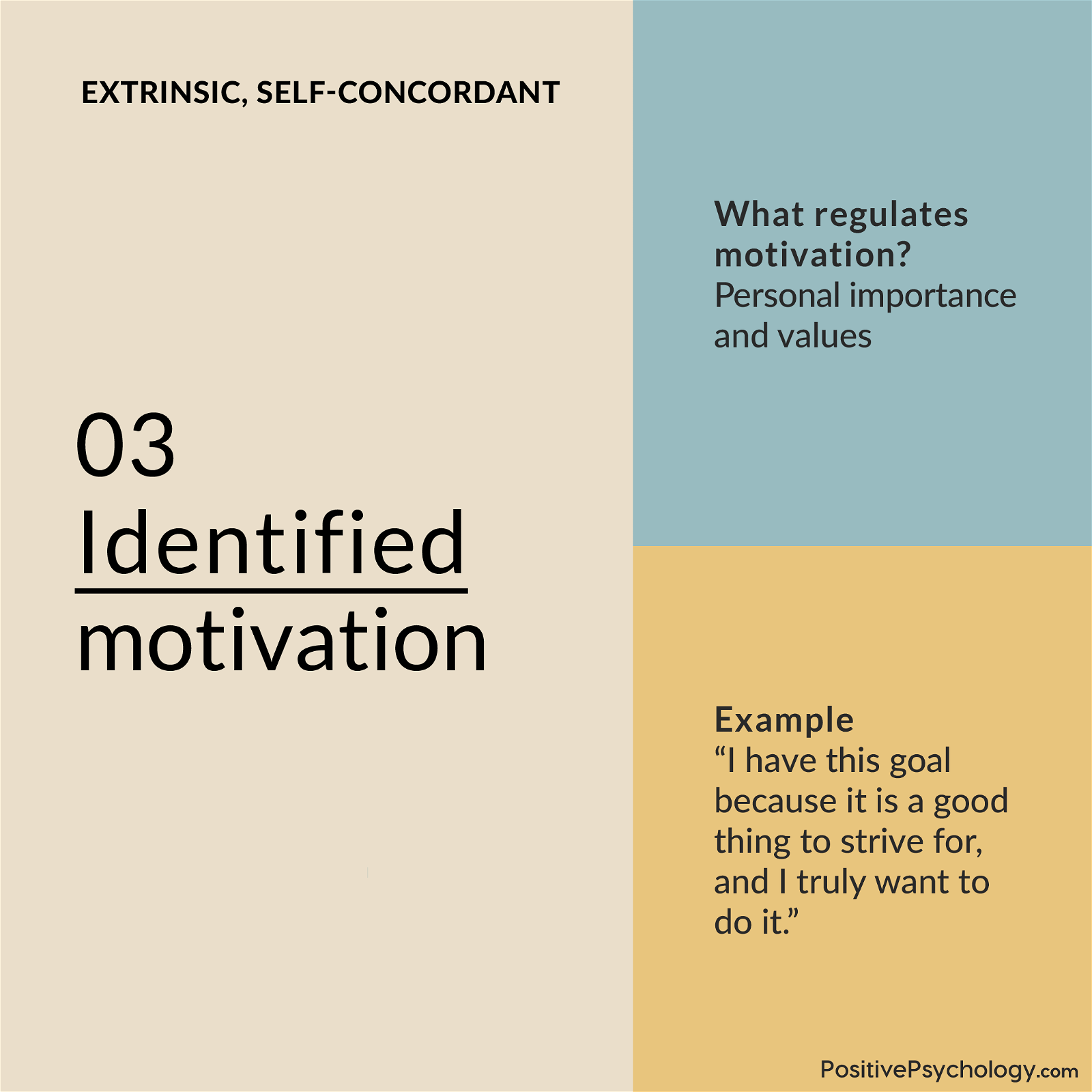
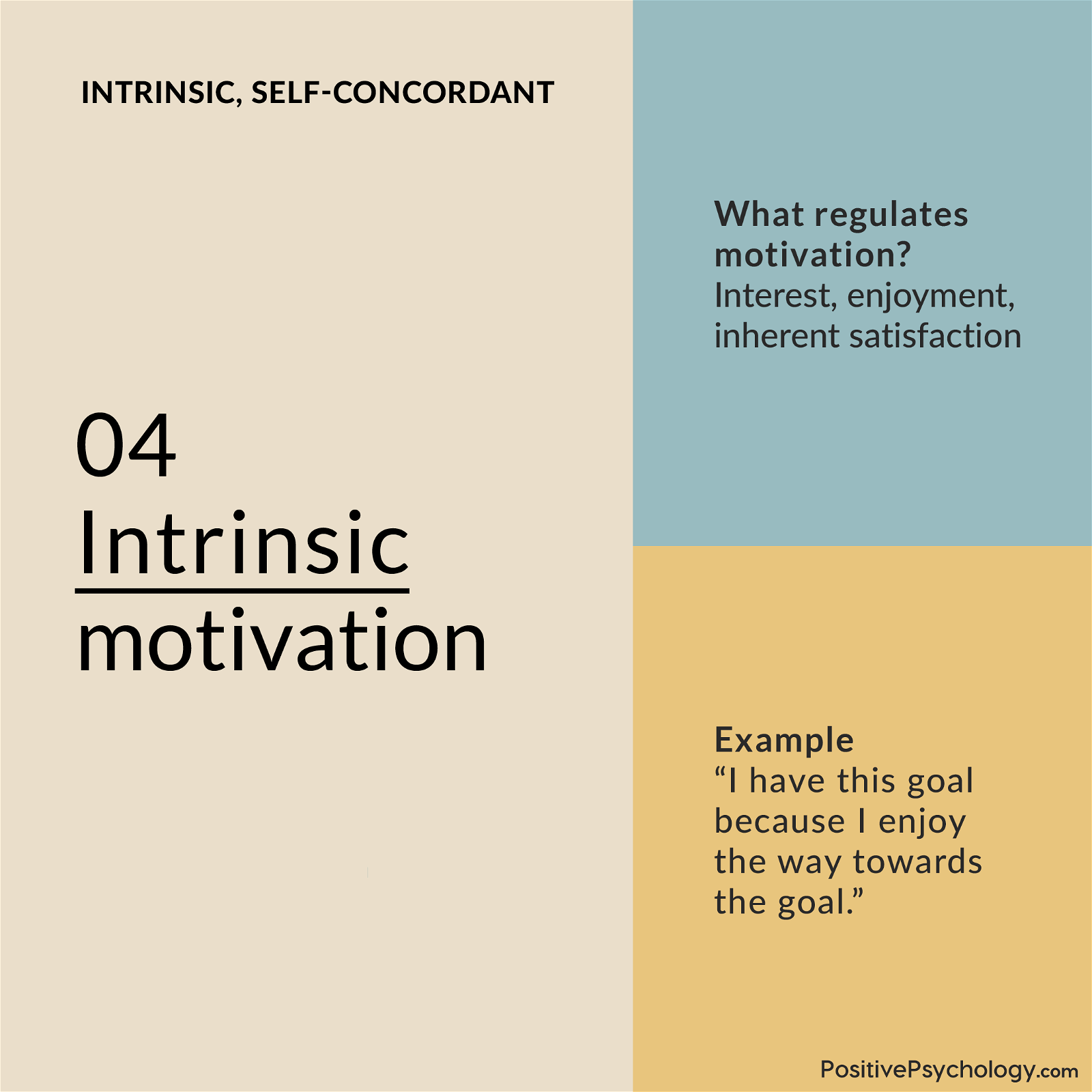
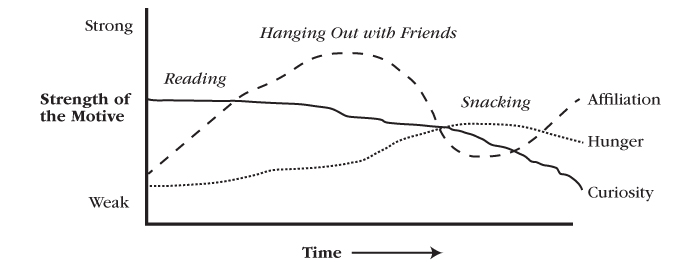




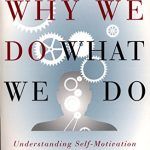


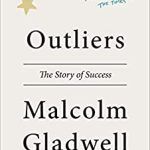











What our readers think
Beautiful article….Thank you very much
it make me to understand perfectly
Hello,
Thank you for an interesting read! A great view on a topic I am greatly interested in 🙂
I am looking for the Wayne W. Dyer reference – is there any pointers for this?
Many thanks.
Hi Abi,
Glad you enjoyed the post! I believe this was a spoken quote, not from a written source (see here).
– Nicole | Community Manager
First, I appreciate your blog; I have read your article carefully, Your content is very valuable to me. I hope people like this blog too. I hope you will gain more experience with your knowledge; That’s why people get more information.
It’s THAN not THEN.
Motivation Process
Our motivation, when it originates from internal motives, as categorized into needs, cognitions, and emotions, is often experienced as more immediate and potent —then —-extrinsic motivation
Hi Jina,
Oops! Thank you for bringing this to our attention — I’ve just corrected it 🙂
– Nicole | Community Manager
Amazing article, I came across this article for a paper I am writing in college and found it extremely useful. Additionally I own a part time dog training business and find that motivation is a hugely underappreciated concept within dog training. I base much of my training on motivation and find this article to be extremely beneficial in understanding motivation as it applies to both humans and animals as well as the behavior that come from it. Lastly I really appreciated the recommended books at the end, I just downloaded a few of them off of audible and will continue my studies on motivation.